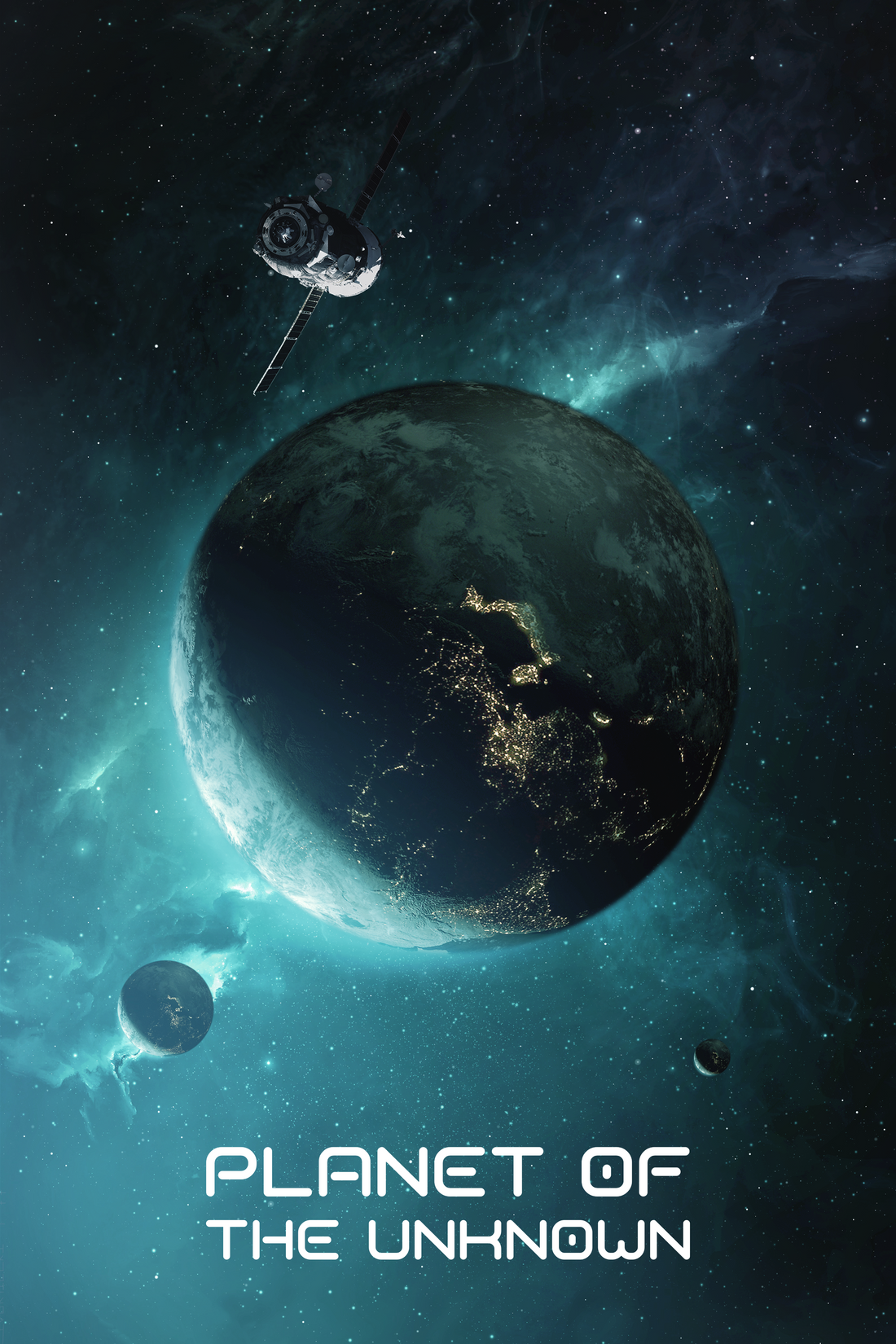
12 Classic Science Fiction Novels to Know and Read
Share
Familiarize yourself with these classic works of science fiction that inspired novelists and screenwriters in many different genres. Many have been turned into movies and television shows:
- 20,000 Leagues Under the Sea by Jules Verne (1870): features underwater exploration and a technologically advanced submarine—two things that were primitive at the time the novel was written.
- The War of the Worlds by H. G. Wells (1898): tells the story of Martians invading Earth and includes themes of space, science, and astronomy.
- Brave New World by Aldous Huxley (1932): set in a futuristic dystopian world with many scientific developments where people are genetically modified.
- Who Goes There? by John W. Campbell (1938): tells the story of an alien creature that’s a shape-shifter and has the gift of telepathy.
- Foundation by Isaac Asimov (1942): follows a galactic civilization after their empire collapses.
- 1984 by George Orwell (1949): set in a dystopian version of the year 1984 where the world has succumbed to extreme levels of government interference in daily lives.
- Fahrenheit 451 by Ray Bradbury (1953): set in a futuristic dystopian society where books are banned and will be burned if found.
- Stranger in a Strange Land by Robert Heinlein (1961): tells the story of a human who was born on Mars and raised by Martians who comes to live on Earth.
- The Man in the High Castle by Philip K. Dick (1962): set 15 years after the end of World War II, offers an alternate history of what could happen if the Axis Powers had defeated the Allied Powers.
- Dune by Frank Herbert (1965): set in an interstellar society in the distant future.
- 2001: A Space Odyssey by Arthur C. Clarke (1968): tells the story of ancient aliens who travel the galaxy and help develop intelligent life forms in other worlds.
- The Handmaid’s Tale by Margaret Atwood (1985): tells the story of the women who lose their rights after a totalitarian state overthrows the U.S. government. Watch Atwood discuss how she arrived at her main character’s point of view in her MasterClass.
